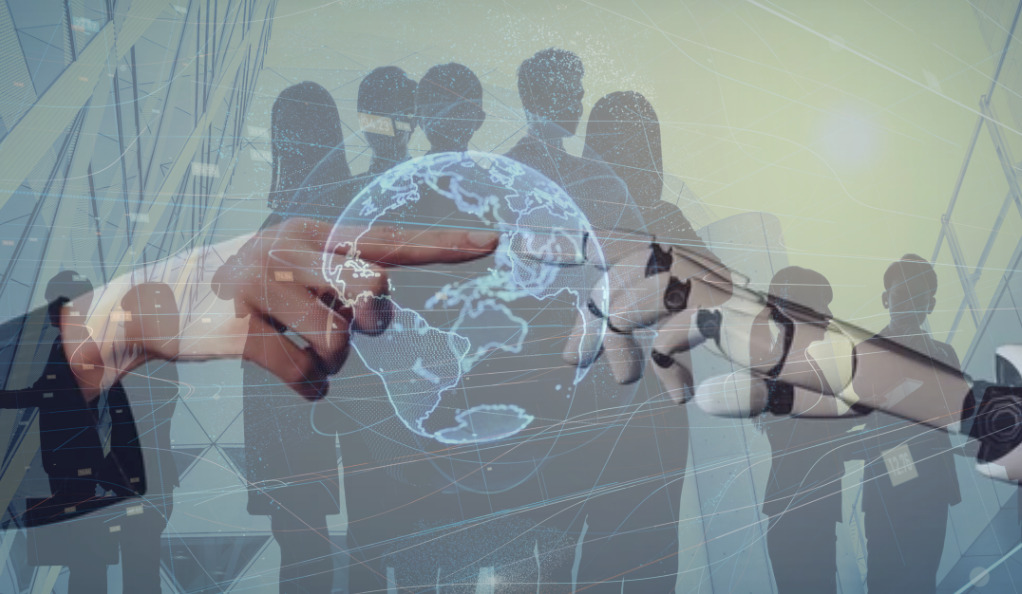AI, Web3, and Human Cooperation: Solving Global Issues
In an increasingly digital age, the role of technology has become more critical than ever. Recent advancements, particularly in the fields of artificial intelligence (AI) and Web3, are shaping our lives in unprecedented ways. When integrated with human cooperation, these technological revolutions hold the potential to address and mitigate some of the most pressing global issues. This article explores the intersection of AI, Web3, and human cooperation and how they can be harnessed to address global challenges.

Exploring the Intersection of AI, Web3, and Human Cooperation
Artificial intelligence, or AI, refers to the replication of human intelligence processes by machines, particularly computer systems. These processes include learning and problem-solving, and AI is increasingly being used in various sectors, from healthcare to finance. On the other hand, Web3, often referred to as the decentralized internet, is the next generation of the internet that leverages blockchain technology and cryptographically secure networks to create a more transparent and user-controlled online experience. When combined with human cooperation, AI and Web3 can drive significant strides in addressing global issues.
The intersection of AI, Web3, and human cooperation is characterized by the democratization of technology and collective problem-solving. AI algorithms can process enormous amounts of data and identify patterns that humans can’t, leading to more informed decision-making. Meanwhile, Web3’s decentralized nature enables peer-to-peer interactions, reducing reliance on centralized authorities and promoting cooperative behaviors. By fostering a culture of collective intelligence, where human insights and AI’s computational power are combined, and utilizing the decentralized, collaborative nature of Web3, we can create novel solutions to tackle global challenges.
Harnessing the Power of Technology to Address Global Challenges
To address global challenges, it is vital to harness the potential of AI and Web3 fully. For instance, AI can be used to predict and mitigate the effects of climate change by analyzing large datasets of historical weather patterns and predicting future trends. AI can also be used in the healthcare sector to predict disease outbreaks, improve diagnostics, and personalize patient care.
Web3, on the other hand, allows for the creation of decentralized applications (dApps) that are not controlled by any single entity and are transparent and resistant to censorship. These applications can be used to enhance access to information, foster collaboration, and promote democratic governance. By leveraging the power of AI and Web3, combined with human cooperation, we can foster innovative solutions to address pressing issues such as climate change, health inequities, and socio-economic disparities.
In conclusion, the intersection of AI, Web3, and human cooperation presents a promising frontier for addressing global challenges. The combination of AI’s data processing capabilities, Web3’s decentralized nature, and the power of human cooperation creates a foundation for innovative problem-solving approaches. It is essential for stakeholders across sectors to understand and harness the potential of these technologies and foster a culture of collaboration and shared responsibility. The future of problem-solving lies in our ability to blend technological advancements with human insights and cooperation effectively.
Bitcoin-up is dedicated to providing fair and trustworthy information on topics such as cryptocurrency, finance, trading, and stocks. It's important to note that we do not have the capacity to provide financial advice, and we strongly encourage users to engage in their own thorough research.
Read More